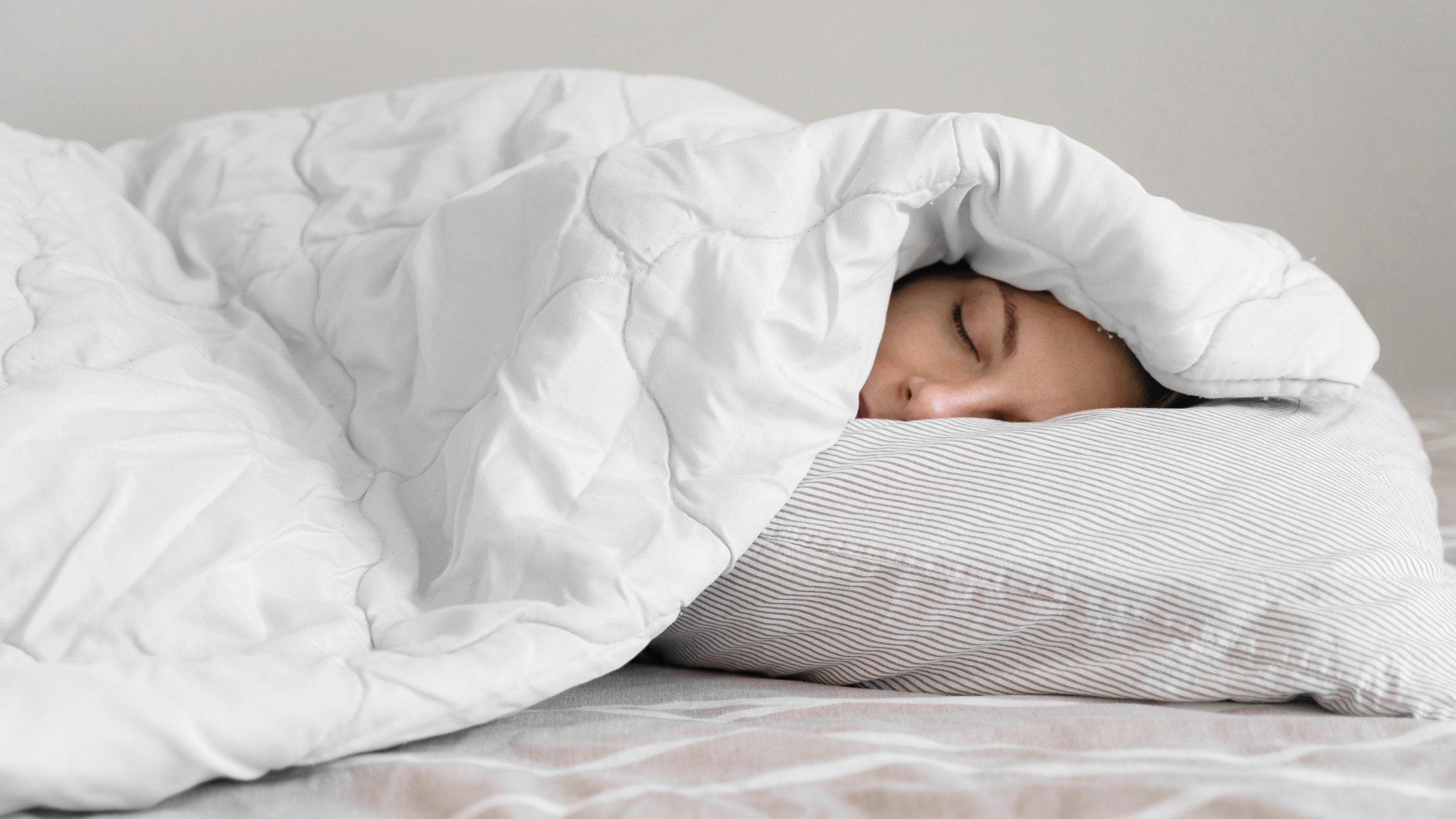How Can You Reset Your Body’s Circadian Rhythm?
Ever feel like your body clock is out of whack? Resetting your circadian rhythm is extremely important for getting it back in line. Not familiar with your circadian rhythm? It lets your body know when it’s time to go to sleep and wake up. If your body’s circadian rhythm is out of sync, it can have a negative effect on lots of aspects of your health and wellbeing. Get your internal clock working better for you with these tips.
What is your circadian rhythm?
Your circadian rhythm is a series of biological processes that affect sleep. According to research, there are particular proteins that are more abundant at night and decrease during the day. This is linked to the production of hormones such as melatonin (which help you to sleep) and cortisol (which are present in higher numbers when you first wake up).
When your body clock is in sync, you’ll naturally go to sleep around the same time each night and wake up at a similar time every morning. If this isn’t happening for you, it’s a sign that your circadian rhythm is out of whack and needs a helping hand to get back on track.
Things that can disrupt your circadian rhythm
Normally, our bodies are designed to go to sleep when it gets dark and wake up when it goes light. Your own personal body clock is pretty unique to you but there’s one thing that’s true for all of us: Certain factors are guaranteed to disrupt your body’s natural circadian rhythm.
One of the biggest disruptors? Being exposed to blue light from phones, laptops, tablets, televisions and other devices confuses your body and fools it into thinking that it’s still daytime. More specifically, it affects production of melatonin, which is crucial for good sleep. The end result? Your body doesn’t go through the same motions of winding down and preparing for sleep. It also upsets the natural rhythms relating to sleep, appetite and temperature.
This is one reason why sleep experts advise you to switch off electronics before bed. Turn off your phone at least an hour before bedtime, and don’t be tempted to use your tablet or watch television instead.
Resetting Your Circadian Rhythm
Prepare your body for bed
A warm bath can help your body to prepare for bed. The rise and fall in your body temperature gets your body ready for sleep. As your temperature goes down after a bath, it lets your body clock know that it’s time to wind down for bed.
Use lighting to your advantage
Expose yourself to as much natural light as you can during the day, especially in the mornings.
According to a study published in the Photochemistry and Photobiology journal, exposing yourself to non-natural light in the evenings affects your ability to go to sleep.
Dimming your lighting in the evenings helps your body to recognize that sleep should be on the horizon soon. When you go to bed, try to get your room as dark as possible. Blackout blinds can be super helpful if outdoor lighting shines into your room. And don’t forget that blue light from your devices also counts as non-natural light!
Some people find that light therapy helps to reset their circadian rhythm. This involves exposing yourself to bright light first thing in the morning to get your body used to the idea of waking up naturally.
Get into a routine
If your bedtime is all over the place, you’ll definitely want to get into a regular routine.
For many people, disrupted sleep cycle is down to either advanced sleep phase disorder or delayed sleep phase disorder. The former occurs when you go to bed fairly early but find yourself waking up in the early hours of the morning. With the latter, you’re more likely to go to bed later and wake up later too.
Chances are, your nighttime routine is out of whack compared to your body’s natural body clock. This affects your sleep quality and over time, it can be really detrimental for your health and wellbeing.
Going to bed at the same time and waking up at a set time in the morning is highly important for resetting your body’s circadian rhythm. Your body will gradually get into the habit of sleeping in line with this. Just don’t be tempted to switch up your routine at the weekends or when you’re on vacation! You might think that straying away from your normal routine won’t do much harm for a few days but that can be all it takes to undo your hard work.

